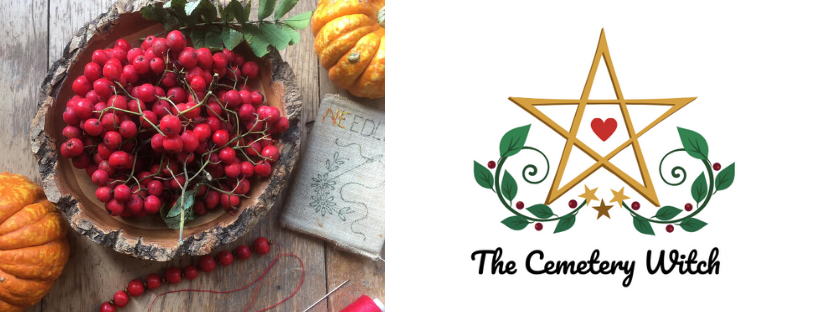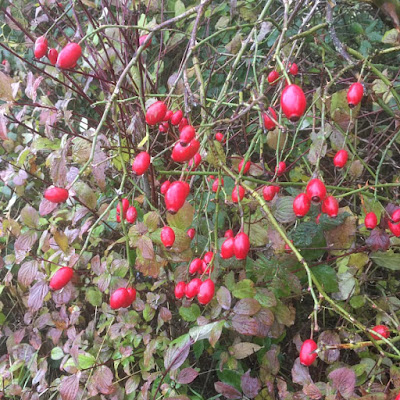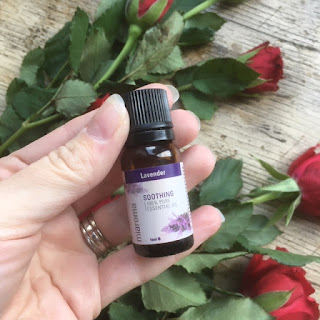Rosehips are a great source of Vitamin C, and have been found to
benefit those who suffer with osteoporosis. It is also used orally to treat stomach problems, infections, obesity, and
applied to the skin for stretch marks, but there is no good scientific evidence
to support these other uses.
Aluminium is found to react with rosehips, so it’s important to
take rosehip two hours before or four hours after antacids. There are also
other medicines that interact with Rosehip (Oestrogen, Fluphenazine, Aspirin,
Lithium, Warfarin), so please make sure you do your research before you use it.
River Cottage Rosehip Syrup:
Sterilise a couple of bottles and vinegar-proof screw-tops
or stoppers by washing thoroughly in hot soapy water, rinsing well, then
putting them on a tray in a low oven (at 120°C/Gas 1⁄2) to dry out and heat up.
Roughly chop the rosehips in a food processor in batches, then transfer to a large saucepan and add 1.25 litres water.
Bring to the boil, then turn the heat down and simmer for around 15 minutes.
Strain through a double layer of muslin, letting the pulp sit for a good half hour so that all the juice passes through.
Wash out the muslin, or cut a fresh piece, fold to double it and pass the strained juice through it again.
Measure the rosehip juice into a large saucepan.
For every 500ml, add 325g sugar.
Roughly chop the rosehips in a food processor in batches, then transfer to a large saucepan and add 1.25 litres water.
Bring to the boil, then turn the heat down and simmer for around 15 minutes.
Strain through a double layer of muslin, letting the pulp sit for a good half hour so that all the juice passes through.
Wash out the muslin, or cut a fresh piece, fold to double it and pass the strained juice through it again.
Measure the rosehip juice into a large saucepan.
For every 500ml, add 325g sugar.
Heat slowly, stirring, until the sugar has dissolved, then
bring to the boil and boil for 3 minutes, skimming off any scum if necessary.
Decant immediately into the prepared bottles and seal.
Label when the bottles have cooled completely.
Use within 4 months and refrigerate once opened.
Try it for breakfast trickled over porridge, pancakes, drop scones, or eggy bread; use it to sweeten plain yoghurt (with some chopped apple if you like); or for a delicious pud, trickle it on to hot or cold rice pudding or good vanilla ice cream.
Decant immediately into the prepared bottles and seal.
Label when the bottles have cooled completely.
Use within 4 months and refrigerate once opened.
Try it for breakfast trickled over porridge, pancakes, drop scones, or eggy bread; use it to sweeten plain yoghurt (with some chopped apple if you like); or for a delicious pud, trickle it on to hot or cold rice pudding or good vanilla ice cream.



